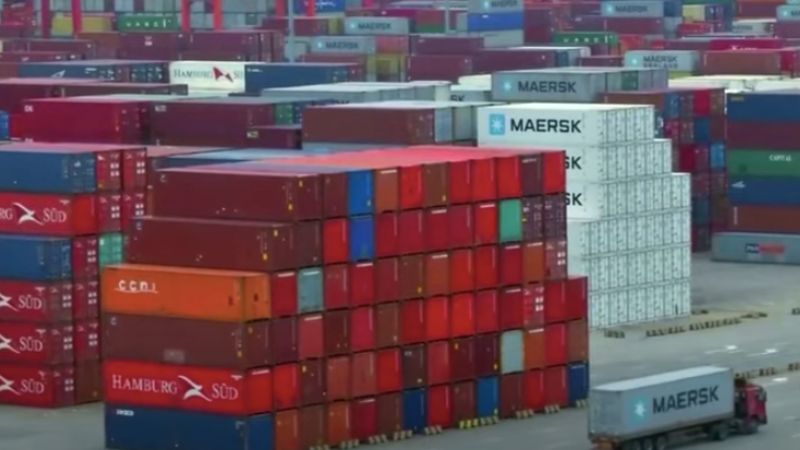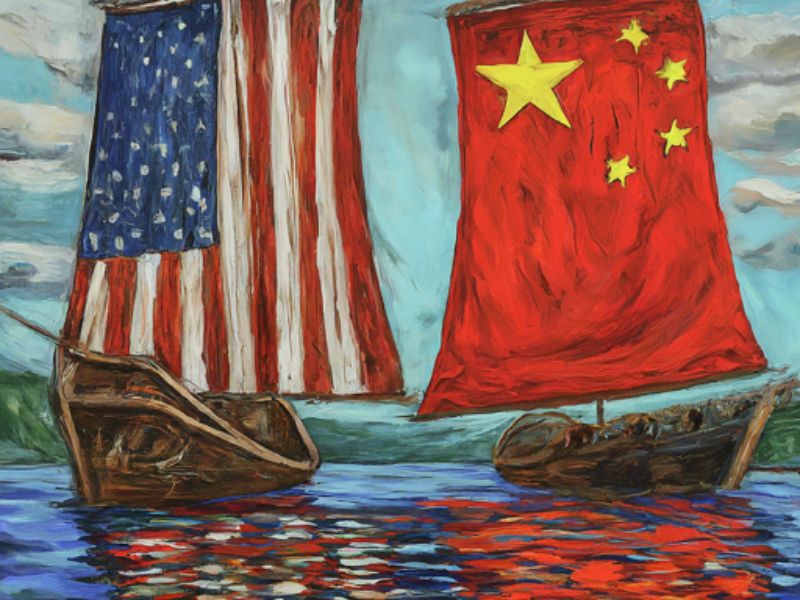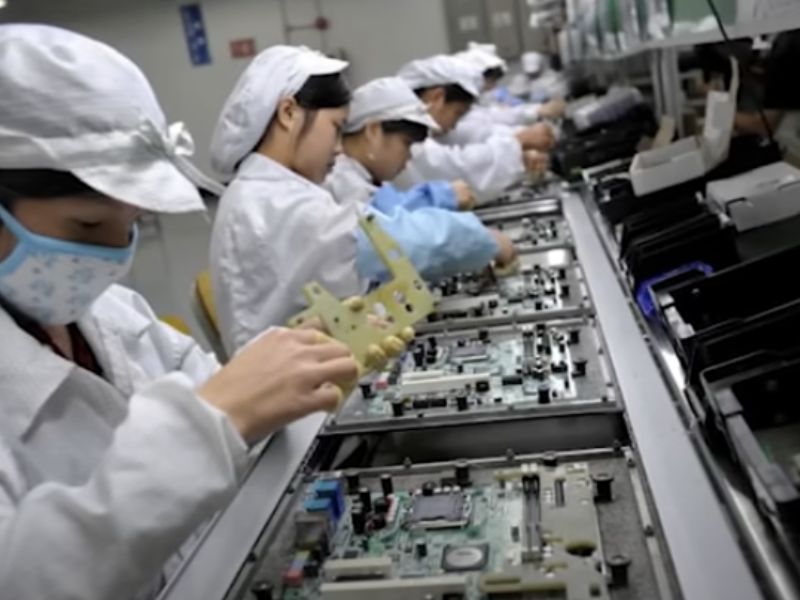
China’s export growth faces increasing risks as pressure to raise import tariffs spreads beyond advanced economies to less-developed ones due to escalating trade tensions and concerns about excess capacity, according to analysts.
China has been targeted with measures on a range of exports, including solar panels, electric vehicles (EVs), steel, aluminium, and even low-value retail goods. These mounting tariffs could pressure growth as trade is crucial to the world’s second-largest economy, says the South China Morning Post.
Emerging markets
The list of countries raising tariffs includes the US, the EU, Canada, and emerging markets like Brazil, Mexico, Turkey, and India. Japan has also launched an anti-dumping investigation.
The US plans to impose new tariffs on China, including a 100% duty on EVs, 50% on solar cells, and 25% on steel, aluminium, EV batteries, and key minerals. It also plans to curb low-value shipments from China.
The European Commission is set to impose 35.3% tariffs on EVs built in China, suspecting Chinese government subsidies are keeping EV prices low.
India, Turkey, Mexico, and Brazil have also raised tariffs or plan to do so on various Chinese goods.
Domino effect
Analysts warn of a domino effect where other countries also raise tariffs against China, driven by national concerns rather than political sympathy.
China has filed an appeal with the World Trade Organization over Europe’s EV tariffs and has urged the US to reverse its decision.
The surge in tariffs threatens to dim income from Chinese exports, a bright spot in an economy struggling with weak consumer spending and real estate issues.
Analysts say risks to China’s export growth are clearly tilted to the downside. China has been restrained so far but is expected to respond forcefully when warranted.
While some world leaders, like Spain’s Prime Minister, have called for rethinking tariffs on Chinese-made EVs, others anticipate a continued debate within the EU and the possibility of a managed trade agreement with China.






